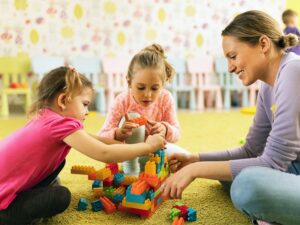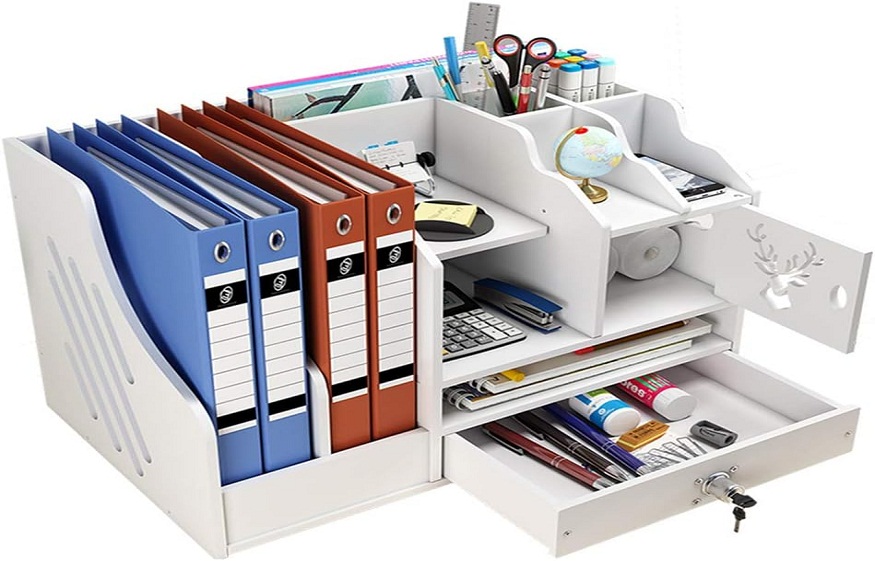Several studies and books mention that play is essential for young children to develop, grow and learn. For us adults, play is often associated with pleasure and amusement and we can easily think, by observing it, that the child is doing nothing, that he is wasting his time and that his activities are without interest. . However, many researchers, psychologists, pediatricians and educators praise the importance of letting children play freely so that they can mobilize a multitude of skills. Let’s see some important aspects of the game.
The criteria of free play
1- The game involves the notion of “pretending”. The players must have implicitly agreed to choose the framework of the game and its significance.
2- The game implies the notion of free choice and initiative in relation to the consequences that will be given to the latter.
3- The game implies the presence of the rule brought by the children. It can be chosen in advance, studied or invented during the game.
4- The game does not involve consequences. It gives the child the chance to explore, analyse, observe and experiment freely. From this perspective, his faults do not harm his self-esteem.
5- The game is not predictable and it is impossible to guess the end.
In the school setting, these essential criteria of the game give the child the chance to appropriate reality and develop all the skills of the preschool program. It must be remembered that the game must be undirected and that it is part of the workshops of the class. It is neither a reward nor a privilege. To do this, the classroom must be set up to allow free play. Thus, the teacher must set up corners on different themes such as the hospital, the daycare, the house, the sugar shack, the veterinarian, the airport, the hair salon, the supermarket and many more, which gives children as many play opportunities as possible. The children can also modify the spaces in order to give them another vocation.
The role of the teacher
The teacher must put in place all the important elements so that the game is beneficial to the children. Here are five things to remember:
1- Leave time for the children
play periods of at least 60 minutes and several play periods that are not too far apart.
2- Enrich scenarios with books, pictures,
Children need knowledge to fuel their play. Drawing inspiration from their surroundings will help them create rich and creative play.
3- The objects made available to children allow
plastic food, teddy bears, craft tools, etc.). Subsequently, they manage to use objects in a representative way (using a stick to represent a sword, a container to
4- Planning the game is also an important element to consider.
Asking what children want to play and what roles will be played will help them discuss their play, make choices and compromise. Everything can be done orally, but also on paper with the help of drawings. Afterwards, the teacher can question the children in order to understand their scenarios, to know the tools that will be used and the distribution of roles. The teacher can also take part in their game.
5- Suggesting problem-solving strategies proves to be a relevant element
Many children have developed this type of strategy, but some need a little help. Therefore, it is relevant to discuss with children possible strategies for resolving conflicts during playtime. Play allows the child to mobilize a multitude of social, cognitive, language, affective, motor and psychomotor skills. In addition, the game helps develop We must therefore leave room for play and avoid over-preparing children for primary harmful effects on academic success.




